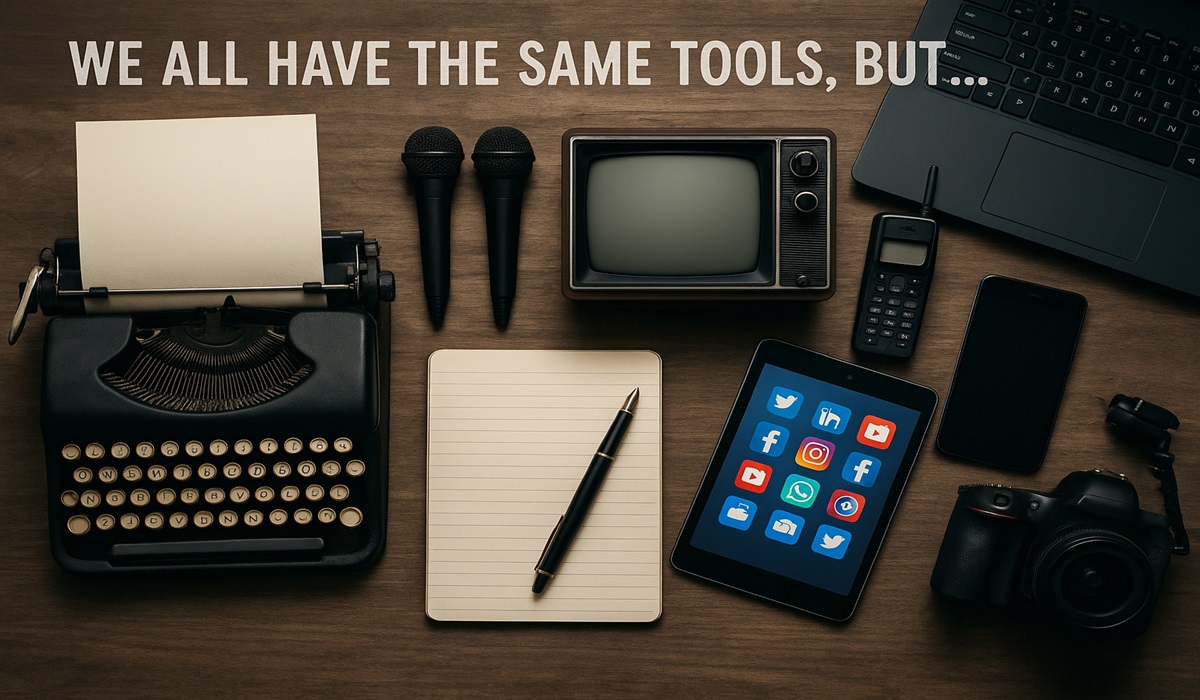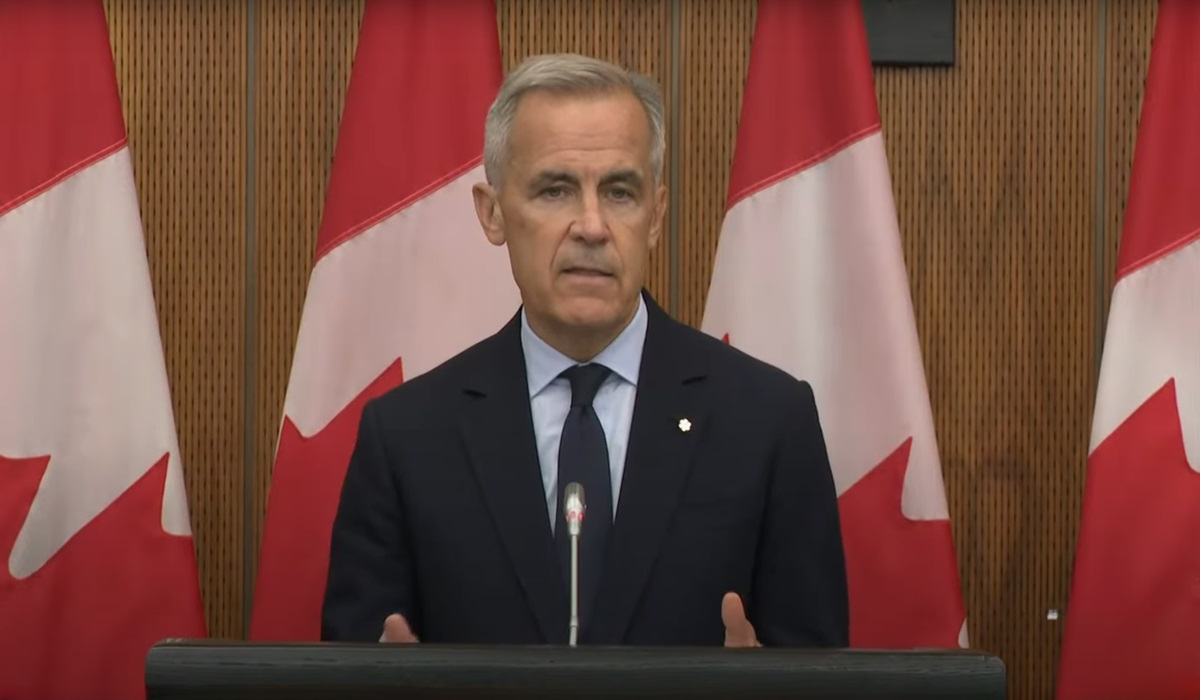The Two-Tailed Beast: Media, Power, and the Illusion of Neutrality
- Ingrid Jones
- Canada
- April 30, 2025

The modern media landscape is no longer a broad spectrum of independent voices searching for truth—it has become a battleground where perception is weaponized, alliances are bought, and dissent is rebranded as extremism. Every major outlet claims to be a beacon of objectivity, a neutral observer in the chaos. But let’s not be naïve. That neutrality is often a mask—one that conveniently slips depending on whose interests are being served. The myth of the unbiased press is a comforting illusion sold to the public while the machinery behind the scenes quietly manufactures consent, filters dissent, and props up the powerful.
At the core of this duality lies a troubling truth: media doesn’t just report power—it is power. And power, by nature, resists being shared.
Those who walk the corridors of legacy media, especially in nations like Canada, hold both prestige and a profound financial incentive to toe certain ideological lines. Their proximity to government—whether by funding, regulatory protection, or mere shared interest—has bred a media class that leans undeniably leftward. Yet they call it centrism. They label it reason. And any deviation from this “center” is no longer just disagreement—it’s dangerous. It’s fringe. It’s extremist.
The irony is sharp and infuriating: to question the status quo is to risk being exiled from the conversation. Smaller, independent outlets that raise legitimate concerns or challenge mainstream narratives are routinely painted with the broad brush of extremism. This isn’t journalism—it’s gatekeeping. And the gate is protected not by fact-checkers or ethics panels, but by dollars, influence, and the deeply rooted fear of losing control over the narrative.
In Canada, as in much of the Western world, the dominant narrative is increasingly shaped not by evidence or curiosity, but by alignment. Are you with us or against us? Do your headlines reinforce our worldview, or do they threaten it? And when a small outlet refuses to bow, when it dares to expose both left-leaning and right-leaning political hypocrisies alike, it is not praised for its objectivity—it is punished for its independence.
Even those of us who once held fast to the ideal of true neutrality have been pushed to recalibrate. At one time, we reported only the facts—offering neither favor nor critique, trusting that the public was wise enough to draw its own conclusions. But in a political climate increasingly defined by distortion and disinformation from both ends of the spectrum, silence began to feel like complicity. How can you stand mute when those in power, regardless of party, openly manipulate truth and fracture trust?
That, perhaps, is the real dilemma of modern journalism: not whether to remain neutral, but whether neutrality is even ethical in a world where the powerful openly exploit it. Facts, now more than ever, require a spine. And opinion, when rooted in fact, is not bias—it’s accountability.
Yet the dominant media players—the ones with the deep war chests and state-sponsored safety nets—have the luxury of painting themselves as bastions of fairness. They host panels on “media integrity” while using their platforms to delegitimize competitors. They talk about the marketplace of ideas while boarding up the shopfronts of those they can’t control. They speak of protecting democracy while working to monopolize the narrative. And when independent outlets push back, they’re told to wait their turn, if they’re acknowledged at all.
But that turn is coming. Slowly, persistently, and sometimes loudly. A shift is underway where grassroots media no longer need validation from institutional elites to make an impact. The internet, for all its faults, has flattened the landscape just enough for new voices to emerge and thrive—not because they have the biggest budget, but because they have the boldness to speak truth without asking for permission.
This won’t be an easy path. Legacy media will continue to wield its influence to discredit, marginalize, and outspend challengers. They will hide behind credentials, lanyards, and press boxes—granting access not by merit, but by loyalty. But eventually, the truth has a way of outlasting the press release. And in time, the audience—tired of being spoon-fed partisan comfort food—will seek out something real, even if it’s uncomfortable.
So no, we are not truly neutral anymore. Because neutrality, in this era, is too often another word for inaction. What we are is unbought. Unbent. And increasingly unwilling to let the two-tailed beast of partisan media devour the public’s faith in journalism without a fight.
And when the day comes—because it will—when independent outlets stand eye to eye with the titans of legacy media, not by begging for a seat at the table but by building one of their own, there will be no sweeter justice than that. Not just for the journalists, but for the truth itself.








